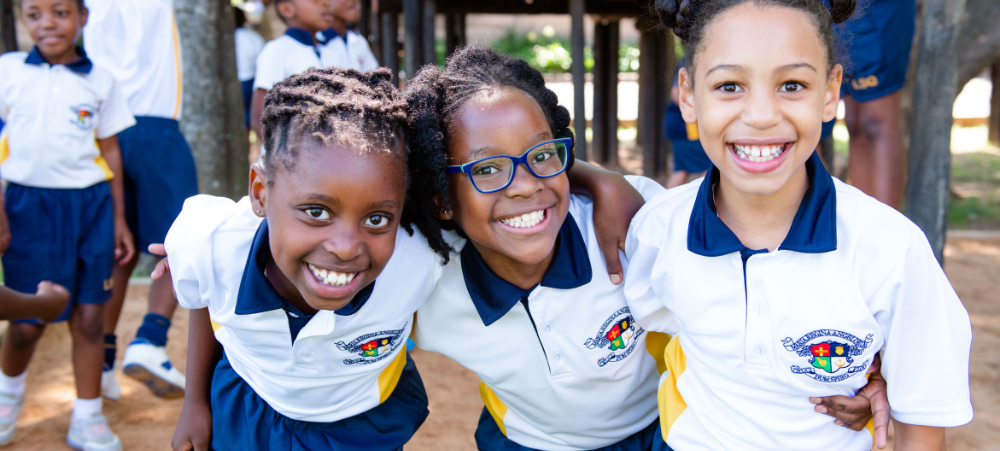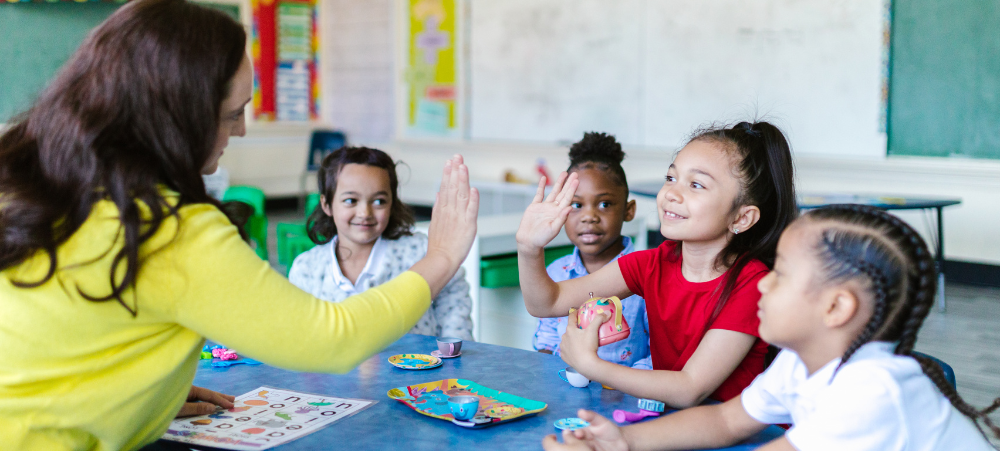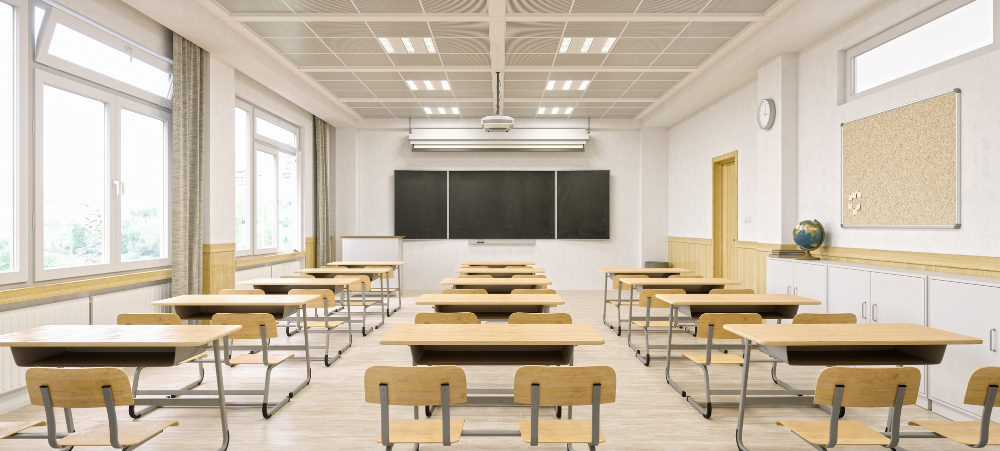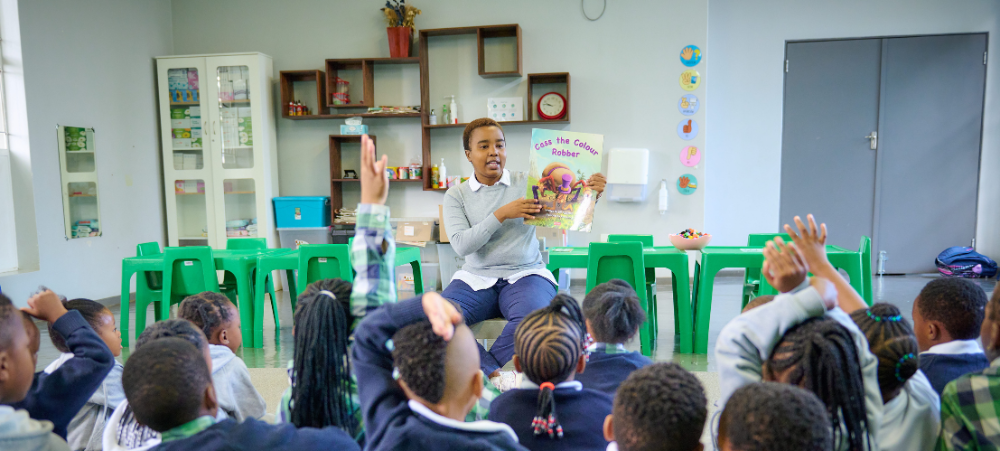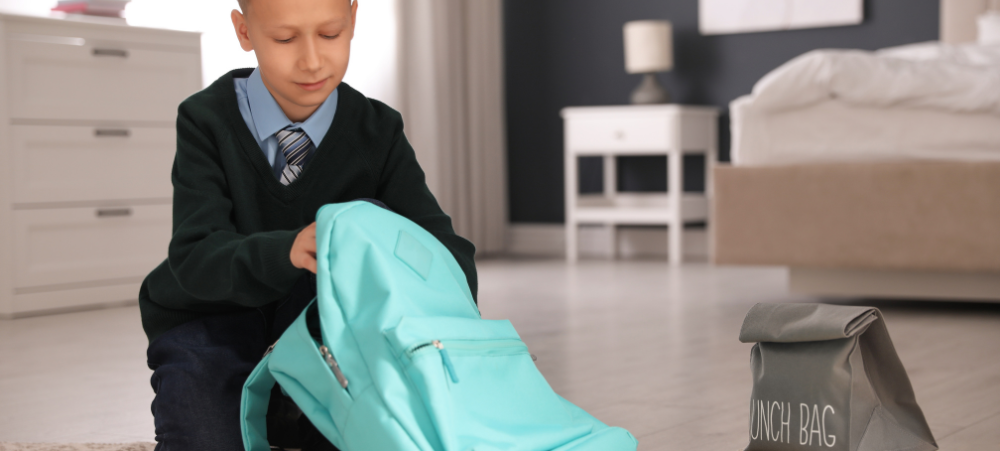
Returning to School After the December Holiday: A Fresh Start
The holiday season is a time for joy, celebration, and relaxation. It is a time when we can take a break from our everyday routines and spend quality time with family and friends. However, as the new year dawns, it is time to bid farewell to the festive season and return to the familiar classes of education. For many students, this transition can be challenging, but with the right mindset and a few helpful tips, returning to school after the December holiday can be a fresh start filled with opportunities. Reflect on Your Achievements As you prepare to return to school, take a moment to reflect on your accomplishments from the previous year. Think about the projects you completed, the new skills you acquired, and the challenges you overcame. This reflection can boost your confidence and remind you of your academic ability. Set Clear Goals Setting goals is a crucial part of a successful return to school. What do you want to achieve during the upcoming term? Whether it’s improving your marks, becoming more organised, or participating in extracurricular activities, clearly defined goals will provide you with a sense of purpose and direction. Get Organised Returning to school after the holidays is an excellent opportunity to get organised. Review your school supplies, textbooks, and notes. Make a list of what you need and create a plan to keep everything in order throughout the term. Staying organised can help reduce stress and increase your productivity. Re-establish a Routine During the holiday, your daily routine may have become more relaxed. It is essential to reestablish a regular schedule that includes time for homework, studying, demands of school more easily. Reach Out to Friends One of the joys of returning to school is reuniting with friends. Reconnect with your peers, share your holiday experiences, and look forward to spending time together. Supportive friendships can make the transition back to school more enjoyable. Seek Help When Needed If you are struggling with any subjects or concepts, do not hesitate to seek help. Your teachers, parents, or tutoring programmes like Kip McGrath are there to support your learning journey. Asking for help when needed is a sign of strength and determination. Stay Positive Maintaining a positive attitude is key to a successful return to school. Remember that each new term is an opportunity to learn and grow. Embrace the challenges and celebrate your achievements along the way. Returning to school after the holiday may seem daunting, but it is also a chance for a fresh start. By reflecting on your past achievements, setting clear goals, getting organised, re-establishing a routine, reaching out to friends, seeking help when needed, and staying positive, you can navigate the transition with confidence and enthusiasm. With the right mindset and a commitment to your education, the new term holds the promise of new opportunities and growth. Welcome back to school, and here’s to a successful and fulfilling year ahead!





